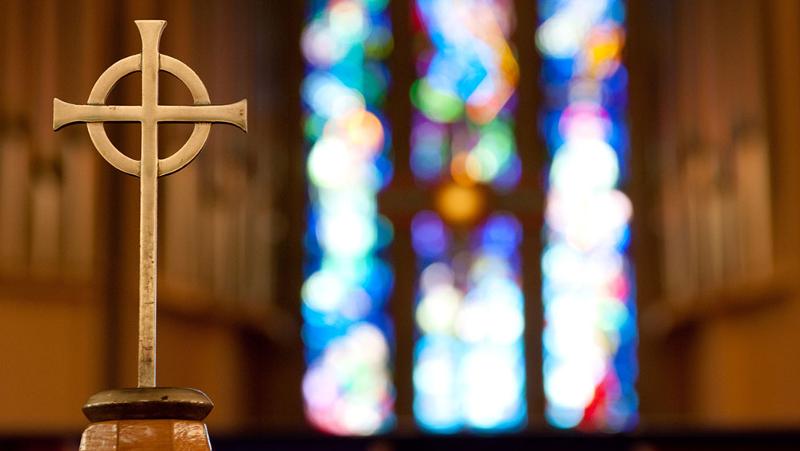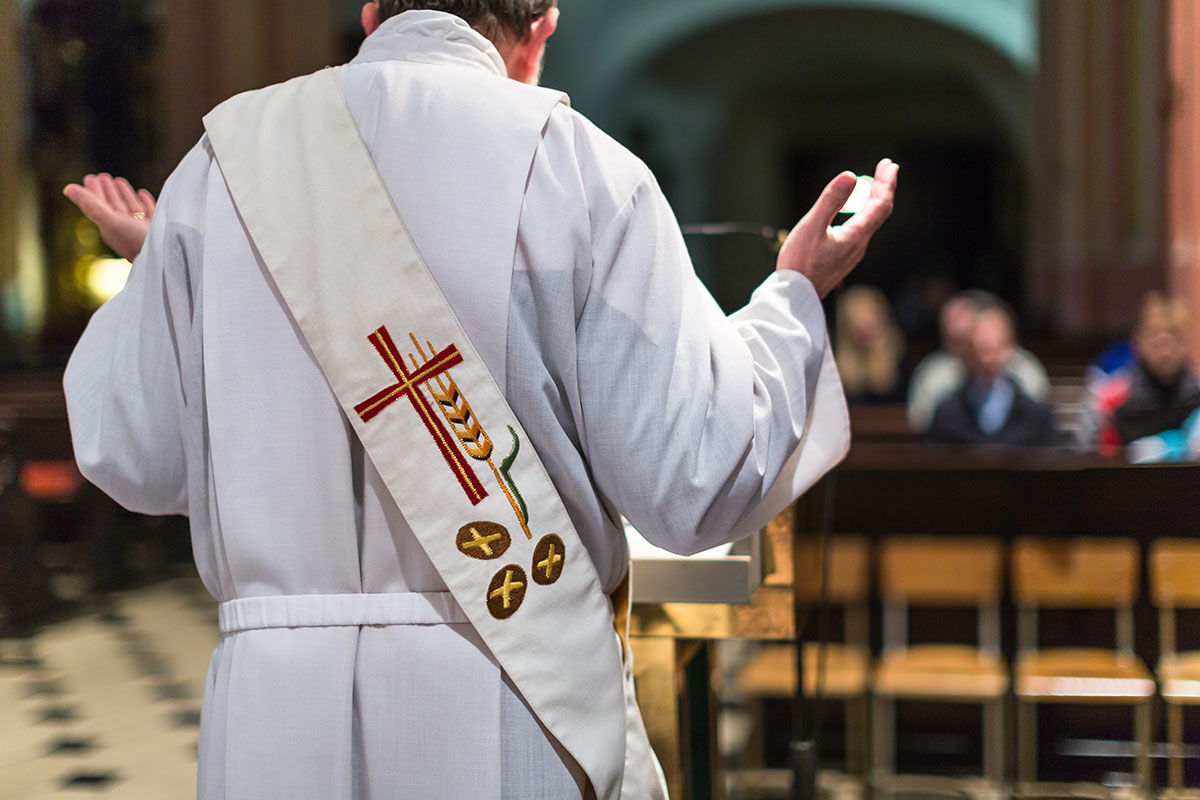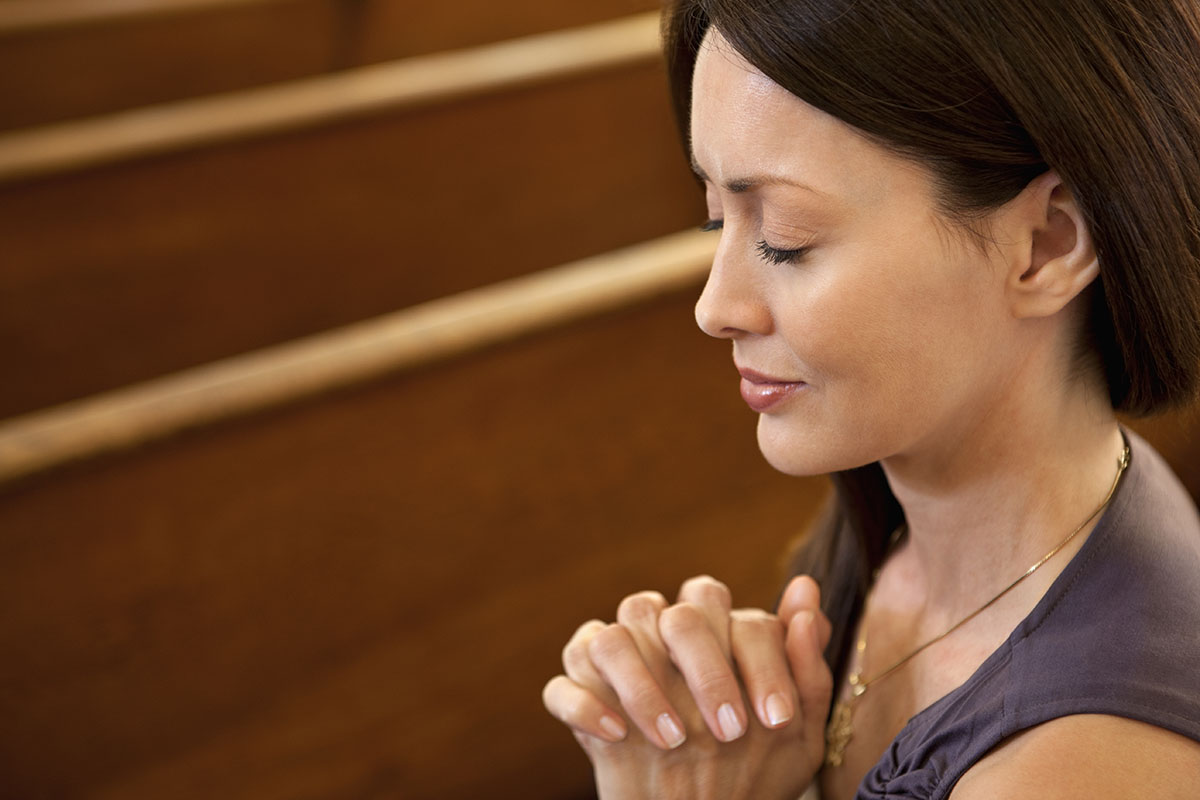
Up to 50 per cent of Catholic clergy are estimated to have given up on the traditional vows of celibacy and chastity and are sexually active to varying degrees, a QUT School of Justice researcher has found while investigating the Catholic Church’s response to complaints of clergy sexual misconduct against adults.
- Studies estimate up to 50 per cent of Catholic clergy are sexually active to varying degrees
- Clergy sexual misconduct against adults especially detrimental to survivors because of spiritual dimension
- Research on the Roman Catholic Church's response to people who report clergy sexual misconduct
Researcher Stephen de Weger said studies on clergy sexual misconduct against adults (CSMAA) as far back as 1981 have noted that “celibacy is pretty much a myth” and it has been so ever since mandatory celibacy was imposed in the 12th century.
“One researcher, psychotherapist Richard Sipe, estimated from his 35 years of work with priests that 20 per cent of priests are involved sexually with women beyond mere ‘experimentation’ and 15 per cent with men,” Mr de Weger said.
“If we include ‘experimentation’ which Sipe estimated involved 8 per cent of clergy, as well as occasional, opportunistic sexual activity, we get his often-quoted estimate that ‘at any one time, only 50 per cent (48 to 52 per cent of priests), bound by the law of celibacy, and publicly claiming the identity ‘celibate,’ are in fact practising sexual abstinence’.”

Mr de Weger’s masters thesis made these findings, and he is now conducting a new study, interviewing survivors of CSMAA in the Catholic Church who have reported it to the church in order to study the responses they have received.
“The aim of this new research is to bring CSMAA out of the shadows and ensure it is recognised and dealt with appropriately by formal Church policies,” he said.
He said professional misconduct was different within the religious context.
“It is an abuse of power – similar to a doctor having sex with a patient - but is especially detrimental to survivors due to the spiritual dimension and becoming trapped in a web of self-guilt and secrecy.
“My previous masters research with 23 female and 6 male CSMAA survivors found they were generally pious, naïve Catholics seeking spiritual guidance, mostly aged from 18 to mid-20s when the sexual involvement began.

“They came from devout families who put priests on a pedestal, believing they attained ‘divine’ status when they were ordained.
“Consequently, pious Catholics often assume celibate clergy are somehow ‘sexless’, that they are men and women only from the waist up, beyond temptations of the flesh.
“They certainly do not expect ‘celibate’ clergy to have a variety of definitions on celibacy, some which happily include sexual activity.”
Mr de Weger said his previous study’s participants’ experiences indicated that most victims of CSMAA had been groomed, and the relationship was gradually sexualised.
“They were treated as ‘special’ or told that ‘God meant for them to be together in this way’. They too often end up blaming themselves for years because they had done something sexual with a ‘divine’ person.
“It’s often not until they see a therapist and start to think how they got to the point of sexual involvement that they realise they are not to blame.”
Mr de Weger said there was little research to date on the church’s response to complaints of CSMAA.

“It is generally viewed as either not abusive, just an ‘affair’, and/or consensual, and harm done is not recognised,” he said.
“The Catholic Church is one of the last institutions that does not take abuse of adults seriously.
“Most of the survivors I interviewed in my first study said they had not been acknowledged nor had they found any sense of understanding, justice, compensation or even compassion when they reported the misconduct to the church.
“As part of my current PhD study, I will explore this aspect of CSMAA in more depth.
“If more positive stories about Church responses exist, they are hidden or unavailable. That is why the next phase of my research needs to hear the experiences of people who have reported CSMAA to the Catholic Church.
“It is hoped the results of my study will contribute to recognition of CSMAA and set the groundwork for policies for justice for survivors.”
Mr de Weger is seeking to interview a variety of people who have experienced clergy sexual misconduct in the Roman Catholic Church when they were aged 18 years or older, at any time, and who reported their experiences to someone official in the church.
Eligible participants include laity of any gender, and even seminarians, other religious brothers/sisters, and priests. The term ‘clergy’ includes priests, brothers, sisters/nuns, bishops, and cardinals. The study has been approved by QUT’s Human Research Ethics Committee. He can be contacted at stephen.deweger@qut.edu.au.
QUT Media contacts:
Niki Widdowson, 07 3138 2999 or n.widdowson@qut.edu.au
After hours: Rose Trapnell, 0407 585 901 or media@qut.edu.au.




